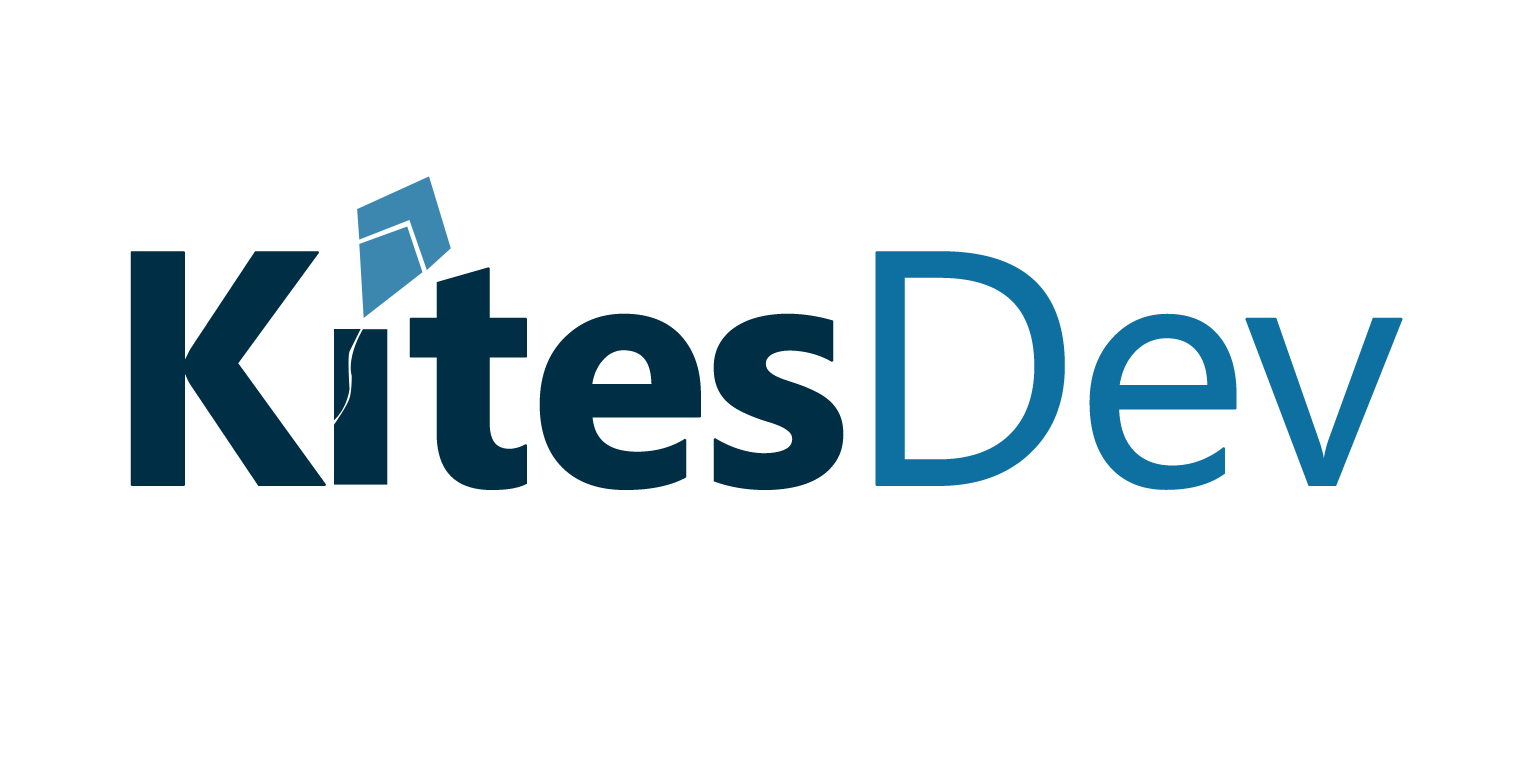How AI Could Revolutionize Healthcare: Analyzing the Potential Benefits and Challenges
Artificial intelligence (AI) is revolutionizing the way healthcare is being practiced. The potential for AI to streamline processes, improve accuracy, and reduce costs is promising. However, the technology is still in its infancy, and there are both potential benefits and challenges associated with the use of AI in healthcare.
Benefits of AI in Healthcare
The primary benefit of AI in healthcare is that it can help reduce costs and increase efficiency. AI can automate tasks that previously required manual labor, such as data entry and analysis. This can help free up healthcare workers’ time, allowing them to focus on patient care. Additionally, AI can be used to improve accuracy, as it can identify patterns and make predictions more quickly and accurately than humans.
AI can also be used to improve the accuracy of medical diagnoses. AI algorithms can be trained to recognize patterns in medical images, such as X-rays, CT scans, and MRI scans. By analyzing these images, AI can provide more accurate diagnoses than human doctors in many cases. AI can also be used to monitor patients’ vital signs and detect any changes that may indicate a worsening condition.
Challenges of AI in Healthcare
One of the biggest challenges associated with AI in healthcare is the potential for bias. AI algorithms are trained on data, and if that data is biased, then the algorithm will be as well. Additionally, AI algorithms can be difficult to interpret, making it difficult to determine why the algorithm made the decisions it did. This can be especially concerning in the healthcare field, as biased algorithms can lead to incorrect diagnoses or incorrect treatments.
Another challenge associated with AI in healthcare is the potential for privacy and security issues. As healthcare data is highly sensitive, AI algorithms must be carefully managed to ensure that the data is secure and not accessed by unauthorized individuals. Additionally, AI algorithms must be kept up to date as medical information changes, which can be a difficult and time-consuming process.
Conclusion
AI has the potential to revolutionize healthcare, but the technology is still in its infancy. There are potential benefits, such as increased efficiency and accuracy, as well as potential challenges, such as bias and privacy concerns. As the technology continues to develop, it is important to carefully consider the potential implications of AI in healthcare.




